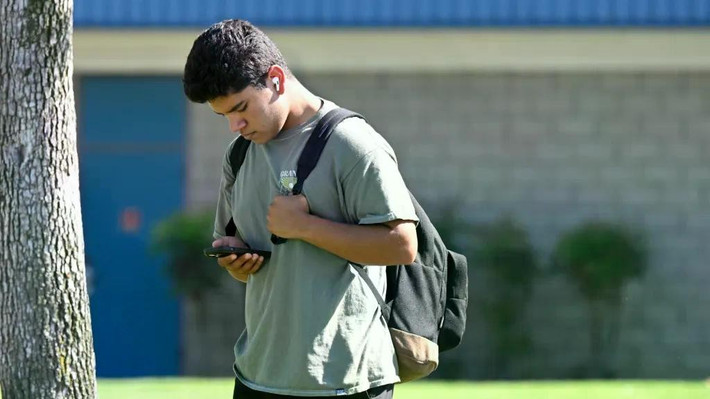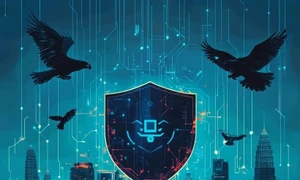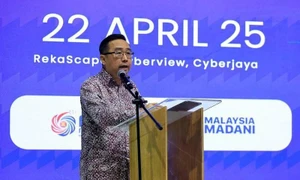
Gov. Gavin Newsom recently signed Senate Bill 976 by state Sen. Nancy Skinner, which prohibits online platforms from knowingly providing an addictive feed to minors without parental consent. The law also stops social media platforms from sending notifications to minors during school hours and late at night — from midnight to 6 a.m. — while they sleep.
By Jan. 1, 2027, social media companies will have an obligation to know the age of their users and implement the requirements under SB 976, making children much safer on social media.
This law will save countless lives here in California, like our eternally 16-year-old son Sammy, who had a drug dealer driven to him by the algorithms on Snapchat, delivering a lethal dose of fentanyl to him like a pizza, after we were asleep. This law will help stop dangerous content from invading our homes through our children’s devices, help our kids pay better attention in school and get more sleep at night.
Although, like California’s Age-Appropriate Design Code Act passed two years ago, SB 976 will surely be challenged by the powerful lobbying groups funded by tech companies. It could be tied up in court for years.
Challenges to the law will likely be along the lines of a First Amendment violation or the oft-mentioned Section 230 of the Communications Decency Act, which essentially treats the internet like a blackboard. You can’t sue a blackboard for what someone writes on it, but the internet is far from whatever blackboard it may have resembled in 1996.
A recent ruling in the 3rd U.S. Circuit Court of Appeals determined that artificial intelligence and the algorithms they direct are not human speech and therefore not protected by the Constitution. It’s time for Congress to amend Section 230 and treat the social media industry like any other industry in our country, allowing parents like me to sue for negligence when our children die with the help of repeated social media messages inducing harm or pushing them toward illegal activities.
Harms such as suicide baiting, human trafficking, dangerous challenges like the “choking game,” and drug and firearm sales to minors will be minimized on social media thanks to SB 976, ultimately making California safer for our youth.
Its necessary sister bill, Assembly Bill 3216, authored by Assemblymember Josh Hoover and three others, was also just signed by our governor. School districts will be required to adopt a policy to limit or ban phones on school campuses by July 1, 2026, except in emergencies or with teacher permission as part of a lesson plan.
Smartphones turn into an addiction for many children. They check them incessantly, fidgeting with them in class when the teachers aren’t looking and easily miss important information. Grades may even improve if attention spans can return to normal.
Taken altogether, we can hope to see students more focused at school, learning more and feeling less anxious.
California has long been a leader in technology but that also makes it home to companies that helped create these dangers. Now the state can lead the way in cleaning up the mess we’ve made, helping keep other families from feeling the endless sorrow ours feels from the loss of our son.























